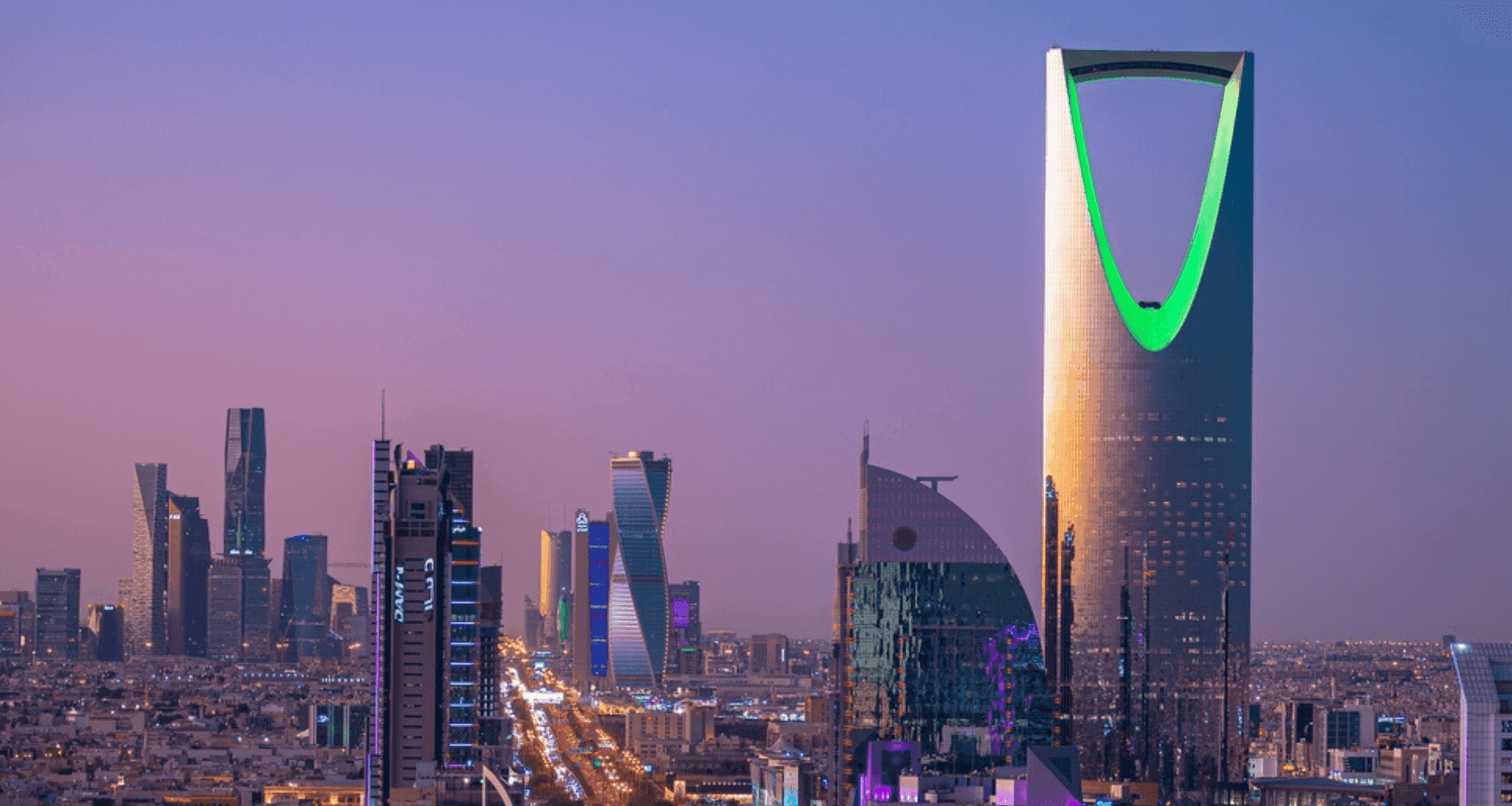 UAE Ranks in Top 5 Globally for Digital Infrastructure. (Unsplash)
UAE Ranks in Top 5 Globally for Digital Infrastructure. (Unsplash)The ranking assesses how nations are perceived in terms of advanced broadband penetration, mobile connectivity, fiber optic networks, data centers, and supportive regulatory frameworks. In today’s global economy, these systems are no longer auxiliary but core to how countries create growth and ensure resilience. Being included among the leaders signals that the UAE has managed to turn its infrastructure investments into visible international recognition.
Japan often ranks first in this category, with South Korea close behind, thanks to their deep networks of high-speed fiber and mass adoption of digital services. The United States, Germany, Singapore, the United Kingdom, and China also appear consistently, demonstrating that both large economies and smaller innovation-driven states can excel. Within this group, the UAE stands out as a Middle Eastern nation that has not only embraced but actively promoted digital infrastructure as a pillar of its national development strategy. Dubai has been at the center of this push, using large-scale initiatives to connect government services, attract global technology companies, and embed digital readiness into its long-term vision.
In parallel with its rise in digital infrastructure rankings, the UAE has also emerged as one of the world’s top crypto hubs. The country’s appeal is fueled by its zero taxation on crypto trading, mining, staking, and related operations across emirates, making it rare among jurisdictions in offering digital-asset businesses such fiscal freedom. In addition, regulatory innovation, such as Dubai’s Virtual Assets Regulatory Authority (VARA) and the expansion of specialized zones (like the DMCC Crypto Centre, which now hosts over 650 blockchain firms) have further reinforced the UAE’s position as a magnet for global digital-asset capital.
The recognition of the UAE’s infrastructure is more than symbolic. Dubai in particular has become a case study in how a city can rapidly modernize its foundations and align them with ambitions of becoming a leading smart city. High-speed broadband access, widespread 5G deployment, and investment in data centers have been coupled with regulatory reforms that encourage digital services. The result has been an ecosystem where businesses can scale quickly, where residents and visitors enjoy efficient services, and where the groundwork for emerging industries, from fintech to Web3 and artificial intelligence has been established.
The U.S. News ranking brings visibility to such efforts, but like any index, it comes with limitations. The methodology is not fully transparent, making it unclear how specific infrastructure components are weighted or how recent upgrades are accounted for. Digital systems evolve rapidly, and the pace of innovation in Dubai means that current developments may not yet be reflected in published data. Moreover, having strong infrastructure does not automatically guarantee universal access. Even in countries with high rankings, questions about affordability, inclusion, and equitable distribution remain. For Dubai and the wider UAE, continuing to bridge divides between urban and remote areas, and ensuring that all social groups benefit from infrastructure investment, will be critical for sustaining progress.
 UAE secures top 5 global rank in digital infrastructure. (Shutterstock)
UAE secures top 5 global rank in digital infrastructure. (Shutterstock)Still, the benefits of being perceived as a leader are clear. International recognition reinforces investor confidence, attracts global businesses, and helps align the UAE with other innovation-driven economies. Dubai’s own growth story shows how deliberate investment in fiber, mobile networks, and digital government can create momentum that spills into other sectors. Tourism, trade, finance, and logistics, all central to the emirate’s economy, now rely on the digital backbone that rankings like the U.S. News acknowledged.
For policymakers elsewhere, the lessons are worth noting. Top-ranked countries show that leadership in digital infrastructure requires investment across both fixed and mobile systems, combined with regulations that foster competition and encourage adoption. Affordability and accessibility are just as important as technical specifications, since infrastructure only delivers its full value when it is widely used. For the UAE, this means that even as Dubai’s towers, business districts, and smart systems attract headlines, equal attention must be paid to ensuring access in less densely populated regions. Monitoring real-world performance, such as user speeds, reliability, and resilience during crises, is just as critical as announcing new projects.
This synergy between strong infrastructure and crypto-friendly policy is a powerful differentiator. The robust digital backbone that supports connectivity, data centers, and high-speed networking helps crypto firms operate at scale and reliability. Entrepreneurs relocating to the UAE benefit from not only favorable fiscal and regulatory conditions, but also from the underlying network systems that make real-time blockchain operations, high-throughput transaction processing, and cloud interoperability more viable. In other words, the UAE’s advancement in “well-developed digital infrastructure” is not just symbolic, it materially underpins its growing status as a global hub for crypto and digital innovation.
The UAE’s ambitions also demonstrate how infrastructure can serve as the foundation for broader transformation. Dubai’s focus on smart government services, blockchain-based platforms, and artificial intelligence initiatives all depend on reliable networks and data systems. The ranking underlines that these efforts are being noticed globally, and that the country has positioned itself not only as a regional hub but as a competitive player in the wider digital economy.
The U.S. News Well-Developed Digital Infrastructure ranking highlights nations whose digital systems are viewed as advanced, with Japan, South Korea, and other established leaders consistently at the top. The UAE’s inclusion shows how targeted policy, investment, and long-term planning can propel a country into the global conversation, even when starting from a different economic and geographic position. Dubai’s example, with its rapid embrace of digital transformation and its vision of becoming one of the world’s most connected cities, illustrates what is possible when infrastructure is treated as both a national priority and a driver of international reputation.

Investcorp broadens digital investing in Saudi Arabia

Binance joins BBK to bring crypto into banking

Swift tests Euro stablecoin bond settlement

BitGo begins its IPO journey